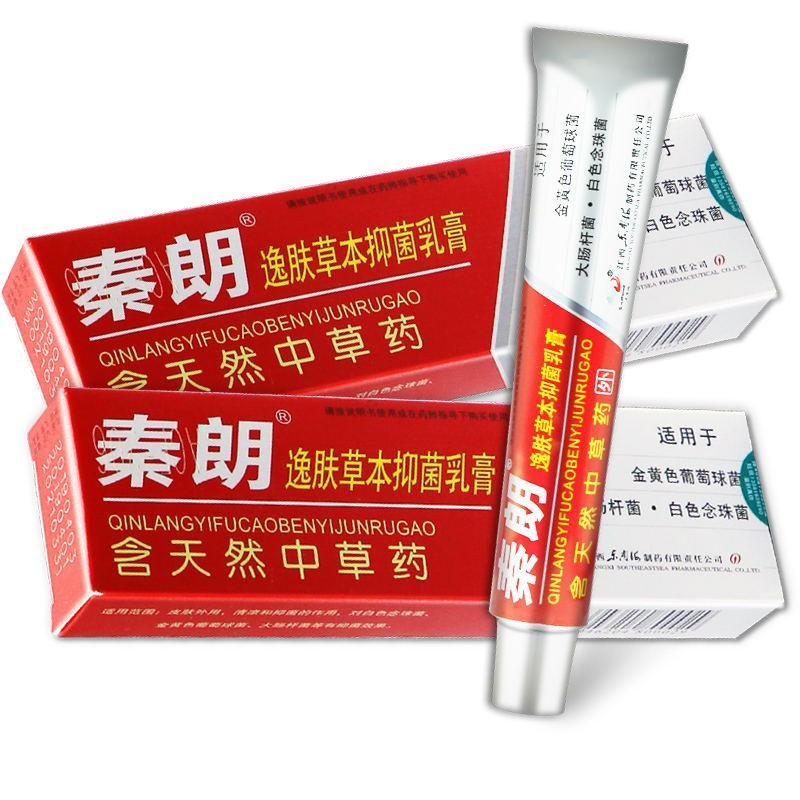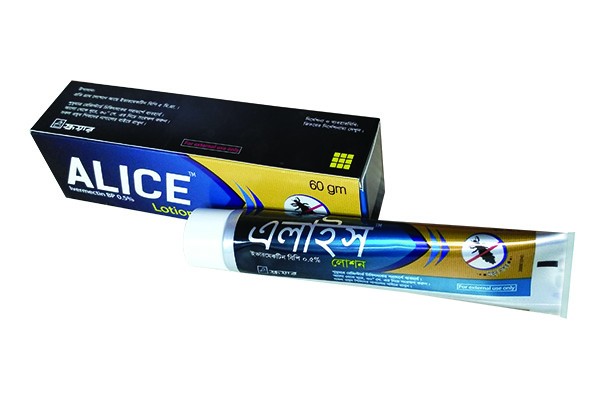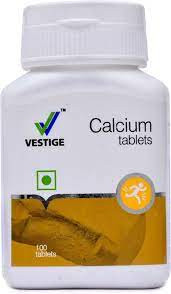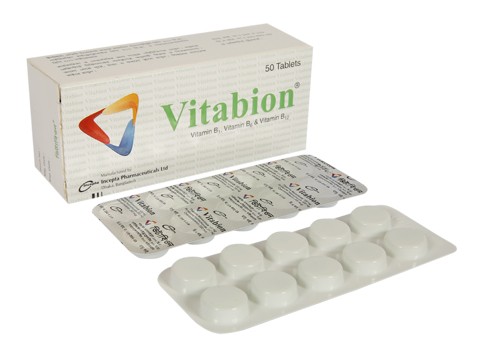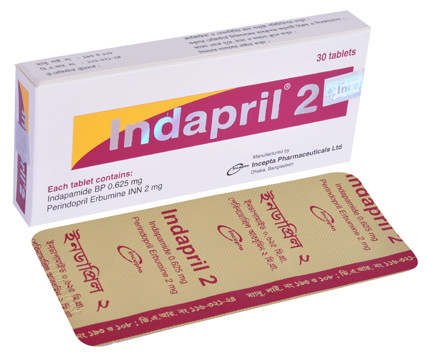

Indapril Tablet 0.625 mg+2 mg (10Pcs)
Inhouse product
-
৳1,030.00
৳1,550.00 -
৳10.00
৳12.00 -
৳280.00
৳500.00 -
৳127.00
৳132.00 -
৳900.00
৳1,300.00 -
৳112.00
৳120.00
Reviews & Ratings
Generic
Indapamide + Perindopril Arginine
Indications
The combination of indapamide and perindopril is recommended in essential hypertension.
Pharmacology
Perindopril is an ACE inhibitor that works by preventing the conversion of angiotensin I to angiotensin II, lowering sympathetic nervous system activity, and blocking the enzyme kininase, which is involved in the conversion of bradykinin and other chemicals.
Indapamide is an indole-ringed sulfonamide derivative. It reduces salt reabsorption in the cortical dilution segment, increasing urine output and having an antihypertensive impact.
Dosage & Administration
2 mg perindopril / 0.625 mg indapamide is indicated for the initial treatment of mild to moderate essential hypertension.
4 mg perindopril / 1.25 mg indapamide and 8 mg perindopril / 2.5 mg indapamide) are indicated in the treatment of mild to moderate essential hypertension in patients for whom combination therapy is appropriate.
4 mg perindopril / 1.25 mg indapamide and 8 mg perindopril / 2.5 mg indapamide are not indicated for initial therapy. Patients in whom perindopril and indapamide are initiated simultaneously can develop symptomatic hypotension.
Patients should be titrated on the individual drugs. If the fixed combination represents the dosage determined by this titration, the use of (4 mg perindopril / 1.25 mg indapamide) and (8 mg perindopril / 2.5 mg indapamide) may prove to be more convenient in the management of patients. If during maintenance therapy dosage adjustment is necessary, it is advisable to use individual drugs
The safety and efficacy of perindopril / indapamide in renovascular hypertension and in congestive heart failure have not been established and therefore, their use in this condition is not recommended.
Geriatrics (> 65 years of age): Although the blood pressure response and safety profile of in patients >65 years old were comparable to those of the younger adult patients, greater sensitivity of some elderly patients cannot be ruled out.
Pediatrics: The safety and effectiveness of in children have not been established. Its use in this age group, therefore, is not recommended.
Interaction
Lithium toxicity is becoming more likely. When used with alcohol, barbiturates, neuroleptics, opioids, or other antihypertensives, it can induce and worsen orthostatic hypotension. When used with systemic NSAIDs or high-dose salicylates, there is an increased risk of acute renal insufficiency in dehydrated individuals. In individuals receiving concomitant therapy with hypoglycemic sulfonamides/insulin, the risk of hypoglycemia may be increased. Concurrent administration of baclofen may enhance the antihypertensive impact. When used with corticosteroids or tetracosactide, the antihypertensive impact may be reduced. When used with potassium-sparing diuretics or potassium supplements, there is an increased risk of hyperkalaemia. Certain anaesthetic medications may have a more hypotensive impact. When combined with allopurinol, immunosuppressants, procainamide, or systemic corticosteoids, there is an increased risk of leucopenia. When used with other antihypertensives, it has an additive hypotensive effect.
Contraindications
Absolute: Known allergy to perindopril, Erbumine, indapamide, or sulfonamides; history of Quincke's edema associated with prior ACE inhibitor medication; severe renal failure; significant liver disease; hypokalemia; pregnancy; lactation
Combination treatment with lithium, potassium salts, potassium-sparing diuretics, and some medications that might induce cardiac rhythm problems.
Side Effects
Asthenia, dizziness, headache, mood swings and/or sleep problems, cramps, hypotension, allergic reactions, skin rashes, gastrointestinal disorders, dry cough, dry mouth, danger of dehydration in the elderly and heart failure patients; alterations in blood test results may occur.
Pregnancy & Lactation
There is positive evidence of human fetal risk based on adverse response data from exploratory or marketing experience or human trials, yet possible benefits may justify the drug's usage in pregnant women despite potential dangers.
Animal reproduction studies have failed to demonstrate a risk to the fetus, and no adequate and well-controlled studies in pregnant women have been conducted. OR Animal studies have shown an adverse effect, but adequate and well-controlled studies in pregnant women have failed to demonstrate a risk to the fetus in any trimester.
Precautions & Warnings
Diabetes, gout, hypotension, or stringent sodium-free diets, heart or renal failure, atherosclerosis, renal artery stenosis, the elderly.
Therapeutic Class
Antihypertensive medications in combination
Storage Conditions
Store at temperatures below 30° C.
Pharmaceutical Name
Incepta Pharmaceuticals Ltd.
Frequently Bought Products
-
৳1,030.00
৳1,550.00 -
৳10.00
৳12.00 -
৳280.00
৳500.00 -
৳127.00
৳132.00 -
৳900.00
৳1,300.00 -
৳112.00
৳120.00
Online Shopping Bangladesh : MShopBD-Majumder Shop
MShopBD-Majumder Shop Online Shopping in Bangladesh is the Best Shopping store within 10000+ products cash on delivery in dhaka, Khulna, ctg & all over Bangladesh with COD-cash on delivery (Only Shipping Cost Advance ) under by www.esdp.gov.bd (bangladesh.gov.bd ) Home Delivery all Over Bangladesh different location and shop as like as Multivendor Online Sites in BD.
Thank you for choosing MShopBD - Majumder Shop!


